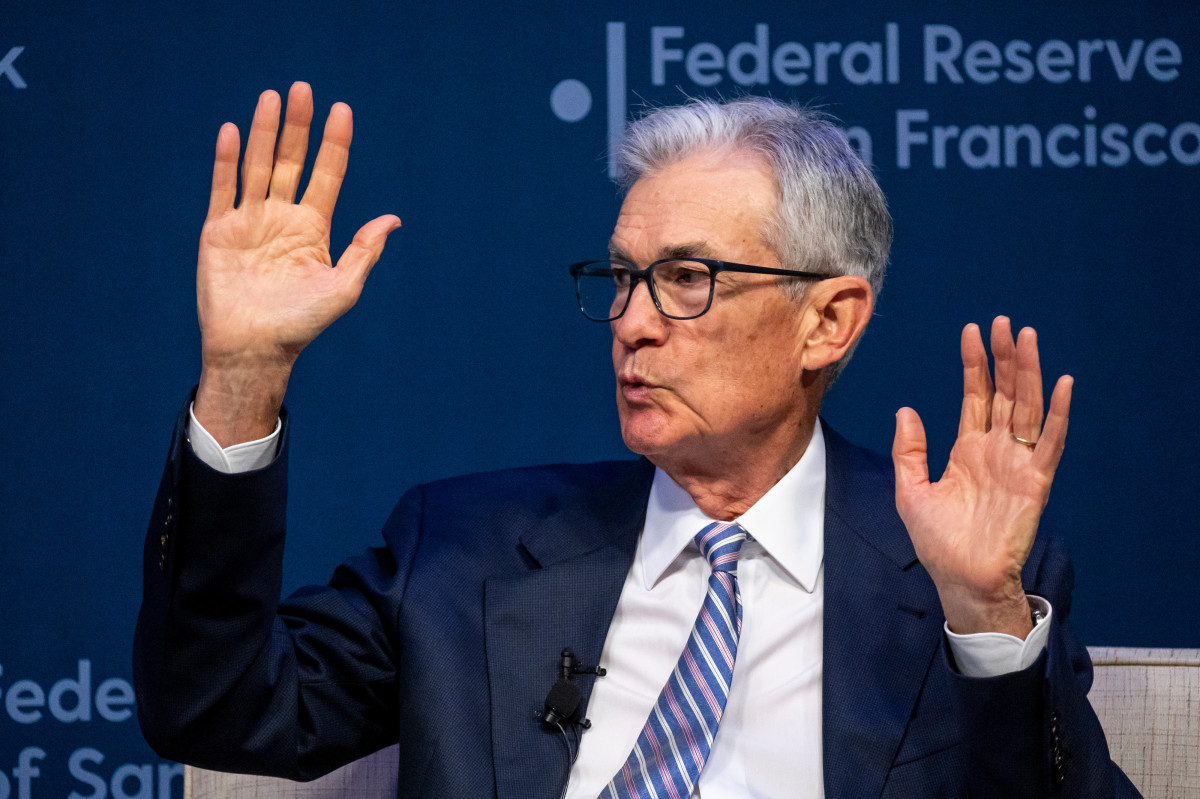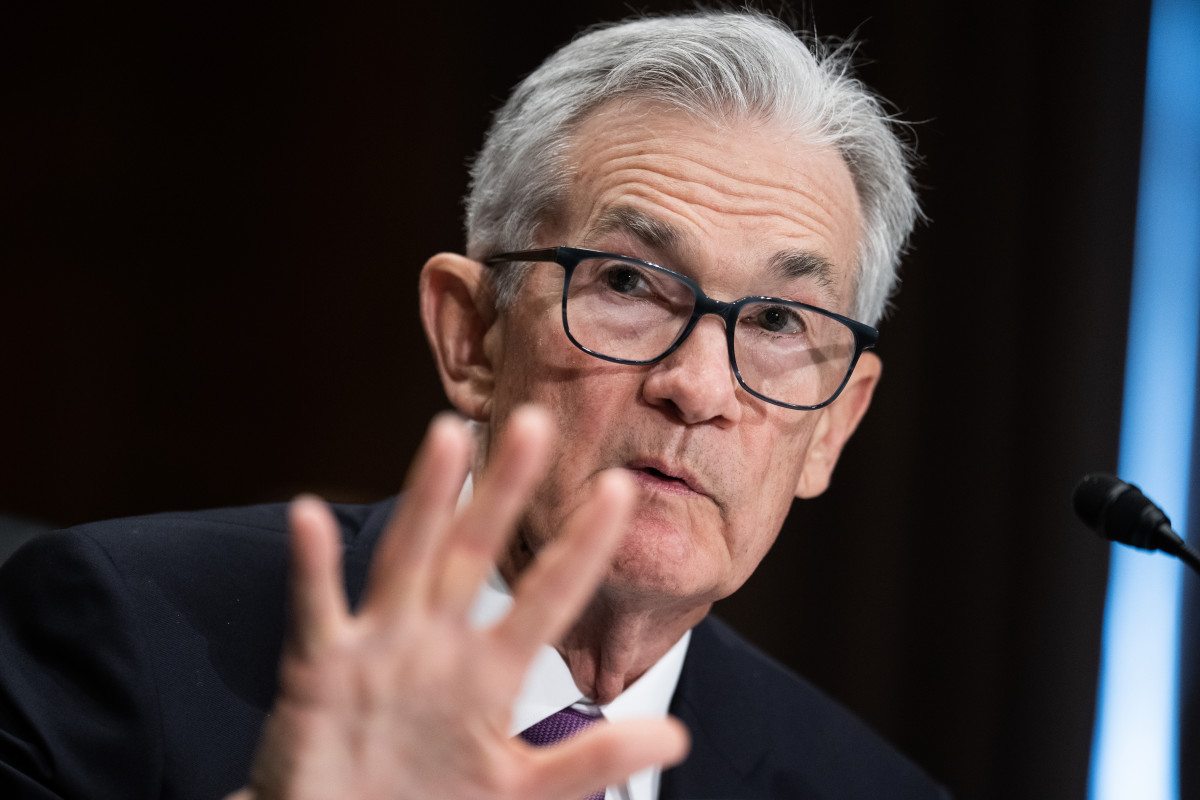
The standard betting about interest rates is that the Federal Reserve will cut them twice more this year.
The Fed cut its key Federal Funds Rate in September, trimmed it to a range of 4.75% to 5% from 5.25% to 5.5%. That was its first rate cut since 2020 during the Covid-19 pandemic. (Note: An earlier version of this article incorrectly stated the date when the last Fed rate cut occurred.)
Don't miss the move: Subscribe to TheStreet's free daily newsletter
The central bank moved because its 11 rate increases between early 2022 and July 2023 had succeeded in cutting inflation but also seemed to be slowing the domestic economy more than the Fed expected or wanted.
Related: Mortgage rates could revive housing market in 2025
But last week's stronger-than-expected jobs report for September and, on Thursday, a Consumer Price Index report showing inflation running hotter than anticipated has thrown the conventional wisdom into a bit of disarray.
Indeed, one voting member of the Federal Open Market Committee, the Fed's rate-making body, said Thursday he'd be happy if the Fed skipped a rate cut at its November meeting.

The Fed's Raphael Bostic suggests potential pause in interest rates
Raphael Bostic told The Wall Street Journal, "I am totally comfortable with skipping a meeting if the data suggests that's appropriate."
Bostic, president of the Federal Reserve Bank of Atlanta, made his comment in an interview after the Labor Department reported the CPI rose 2.4% in September over the prior 12 months.
The expectations were for a 2.3% year-over-year increase.
More Economic Analysis:
- PCE Inflation report resets bets on another big Fed rate cut
- Delta earnings reveal true cost of CrowdStrike meltdown
- How food inflation actually impacts average Americans
Bostic said both the jobs and CPI reports were exhibiting some "choppiness." That suggested, he told the Journal, "Maybe we should take a pause in November."
One reason for concern is that prices might be pressured upward as Floridians start to spend heavily to repair homes, cars and other property damaged by hurricanes Helene and Milton.
Milton hit the west coast of Florida on Wednesday and crossed the state before heading into the Atlantic Ocean.
Stocks slip after comments by Fed's Bostic
Bostic, one of the more hawkish members of the FOMC this year, agreed to a 50-basis point (0.5-percentage-point) cut at the Sept. 17-18 Fed meeting.
One FOMC member, Governor Michelle Bowman, cast the only no vote on the decision. But it's become clearer that the vote to cut to 4.75% to 5% was not enthusiastic. Most officials agreed that the Federal Funds Rate should be cut, but many have suggested 25 basis points seemed more appropriate.
Related: Debate erupts over how fast to cut interest rates
Bostic's comments had added some selling pressure to the stock market on Thursday. The S&P 500 index was off 0.2%, the Nasdaq Composite had given up 0.1% and the Dow Jones industrials were off 58 points.
The S&P 500 and Dow had closed at records on Wednesday.
Rates have moved up since September
The rate cut, in fact, has proved to be a near-term bottom on interest rates generally.
Freddie Mac's weekly report on mortgage rates, released Thursday, showed the rate on a 30-year mortgage rate hitting 6.32%, up from 6.12% a week earlier and up from a low of 6.08% in its Sept. 19 report.
The 10-year Treasury yield was at about 4.1% on Thursday. It had been as low as 3.62% on Sept 16, the day before the Fed began its Sept.17-18 meeting.
Related: The 10 best investing books, according to our stock market pros







